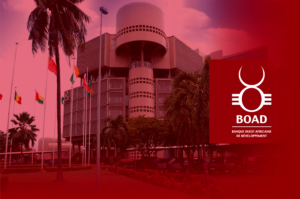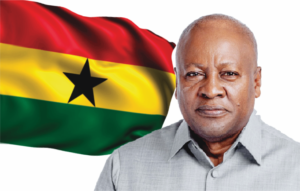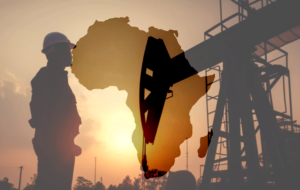Madagascar’s President Appoints Army General as Prime Minister, amidst Political Shake-Up and National Unrest
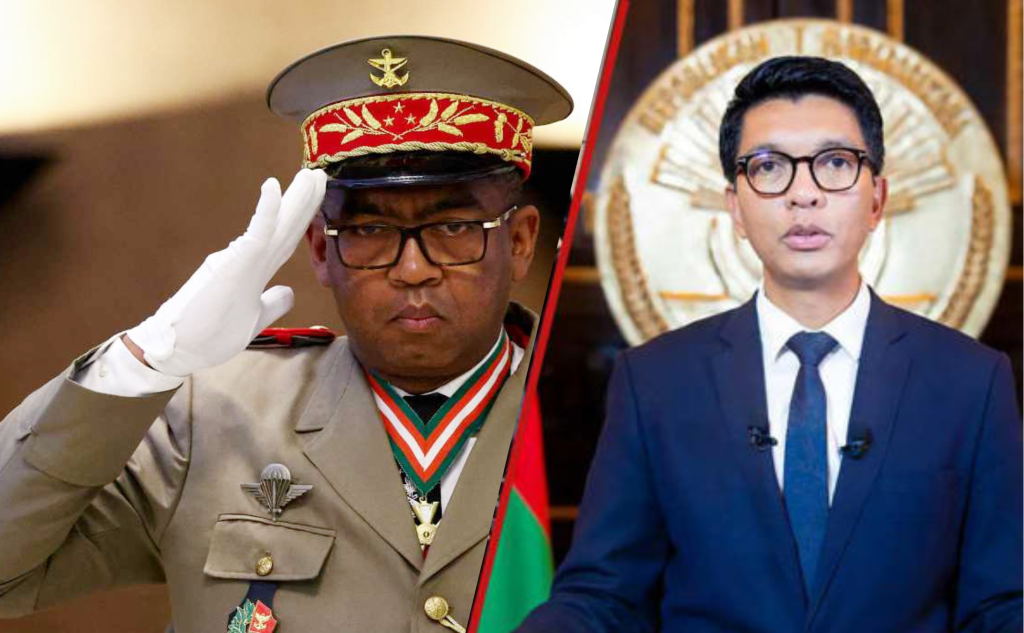
Madagascar’s President Andry Rajoelina has appointed army General Ruphin Fortunat Zafisambo as the country’s new prime minister, in a move widely seen as an attempt to contain mounting protests that have shaken the island nation for three weeks.

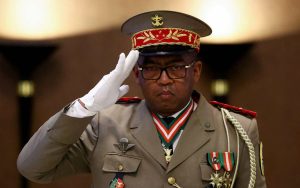
The appointment, announced Monday from the presidential palace in Antananarivo, comes just days after Rajoelina dissolved his previous government amid growing anger over chronic power cuts, water shortages, and rising living costs. Zafisambo replaces Christian Ntsay, who was dismissed along with the entire cabinet as part of what the president called an “urgent restructuring” to restore public trust.
“I have decided to appoint Ruphin Fortunat Zafisambo as the new prime minister. He must be capable of restoring order and regaining the people’s trust; and serve the people with integrity”, Rajoelina said, emphasizing the general’s duty.
Zafisambo, formerly head of the military cabinet in the prime minister’s office, now faces the daunting task of governing a country simmering with discontent. What began as youth-led, social media-driven demonstrations inspired by the so-called Gen-Z protest movements elsewhere, has evolved into a broader national reckoning over/against inequality, bad governance and everyday survival.
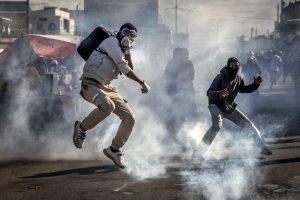
Across Madagascar, families are struggling to cope with shortages that reach far beyond the political headlines. Rolling blackouts disrupt small businesses and households alike, forcing parents to cook by candlelight and students to study in darkness. In rural areas, where access to clean water has always been fragile, frustration has turned into despair. Many families face crisis that personal due to the socioeconomic misfit.
The protests have also exposed deeper social divides between urban and rural populations, and between older generations loyal to traditional authority and younger citizens demanding change. The Gen-Z wave, driven by digital activism, challenges not just political structures but also cultural expectations of deference and patience. In marketplaces and taxi stands, conversations about politics have become common discuss, a sign of growing civic engagement in mix of national anxiety.
Businesses are bearing the brunt of instability. Frequent power cuts have disrupted manufacturing and food storage, while uncertainty has deterred investors. Small traders, who rely on daily earnings, face dwindling sales as protests disrupt transport and city life. The tourism sector, which is a vital source of income for Madagascar’s economy, has also been hit, with cancellations rising amid fears of unrest.
By turning to the military, Rajoelina appears to be tightening his grip at a time of crisis. Analysts say the appointment of a general as prime minister could either stabilize the situation through discipline and order, or deepen public distrust if citizens perceive a slide toward militarization. Calls for the president’s resignation have not subsided, and opposition leaders warn that relying on the army may inflame tensions rather than ease them.
![]()
As protests enter their third week, Madagascar stands at a fragile crossroads. The government insists its priorities remain the same, improving access to water, electricity and basic services, but citizens’ patience is running thin. The new prime minister, a career soldier, must now prove he can command not just the army, but the confidence of a weary population.
Whether Zafisambo’s appointment signals renewal or retreat will depend on how quickly the government can translate promises into tangible relief for families, businesses and communities. The hope for many Malagasies is simple yet urgent: it is for the political change to bring light to a nation that has been too long in the dark.


